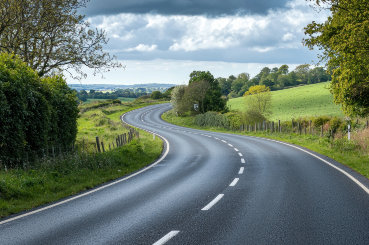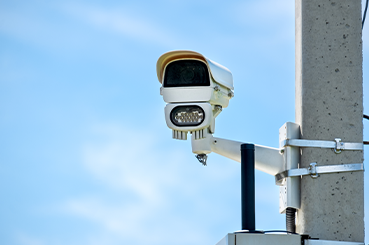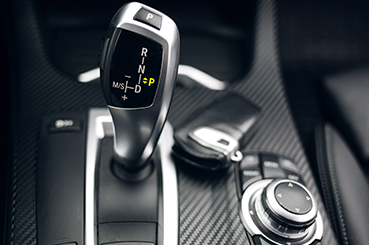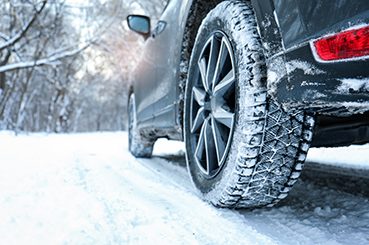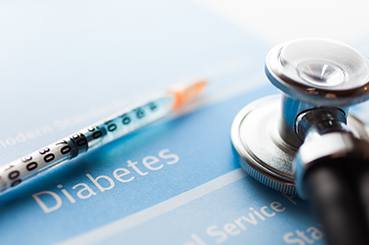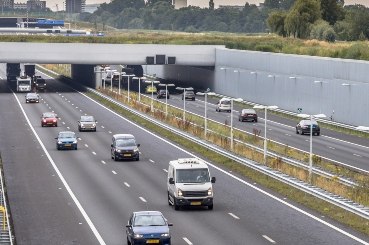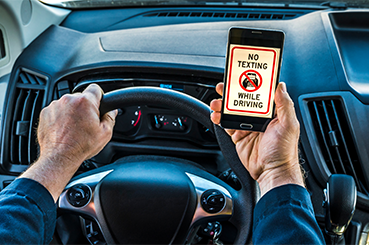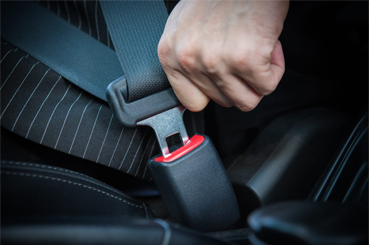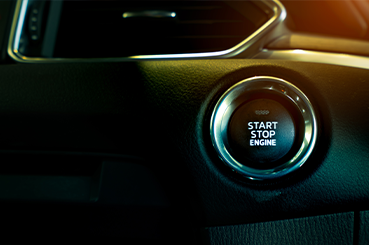Driving in the dark is more challenging than driving in daylight conditions because our depth perception, peripheral vision and ability to distinguish colour are all reduced in low light. This can adversely affect our ability to judge both speed and distance which can make driving more difficult. Therefore it is important all drivers, regardless of experience, do not underestimate the precarious nature of night driving.
A survey by ROSPA in 2017 found that 40% of collisions occur in the hours of darkness. While Gov.uk statistics indicate more than half of collisions, occur in the hours of darkness.
In dark conditions, headlights illuminate between 160-250ft in front and high beam lights 350-500ft ahead. Yet when travelling at 60mph it takes around 200ft to stop, this demonstrates the small margin for error especially if you are only using your headlights.
Given that a Confused.com study from 2017 found that over a third of the UK’s street lights are now dimmed and around 12% are turned off completely, it is more important than ever that you get to grips with driving at night.
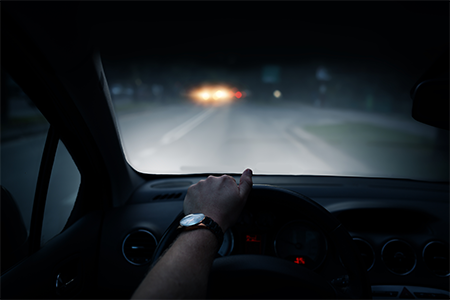
People who are new to driving or have limited experience driving in night-time conditions are more likely to feel nervous about driving at night. However, it is imperative you do not panic when driving at night as this can just make the situation worse. Instead, you should try and arm yourself with knowledge by reading our smart tips for driving at night and building up your confidence by completing short journeys.
Smart tips for driving at night
Driving at night can present unique challenges. From reduced visibility to fatigue, the risks associated with night-time driving require extra caution. Whether you’re on a long road trip or heading home after work, these top ten tips will help you stay safe when driving after dark.
Tip 1 – Keep your windscreen clean
When light hits dirty or streaked glass, it scatters and can create glare which can obscure your view of the road ahead. One of the biggest causes of dirty windscreens is condensation which unfortunately windscreens are prone to. One of the most effective ways to clear condensation is to turn up your car heater to evaporate the condensation.
However, this can blow dirty air on the windscreen causing a layer of grime to build up on the inside, so it is important that you clean it regularly. Keeping a microfiber cloth in your driver’s door pocket means that you will always have a cloth handy to give the windscreen a wipe should you find it smeared and dirty.
Tip 2 – Minimise Glare

Another potential source of glare in your car comes from the reflection of interior dash lights. To combat this, we recommend reducing the brightness of your dashboard lights to minimise reflections.
Furthermore, glare from oncoming headlights can be disorienting and dangerous. Adjust your rear-view mirror to the “night” setting (if it has one), and avoid looking directly at oncoming lights. Focus on the road markings to stay in your lane when other drivers’ lights are too bright. Therefore it is important to keep your windscreen clean inside and out to prevent glare.
Tip 3 – Make sure you have the right lights on
Your car’s lights are essential to help improve the visibility of the road ahead, as well as your visibility to other road users when driving at night. In fact, it is illegal to drive at night without correctly functioning front and rear lights. Therefore it is essential you know how to operate your lights before setting off, especially if you are driving a new vehicle.
Correct headlight use
1: Turn headlights on before sunset and keep them on for at least an hour after sunrise.
2: Keep your headlights clean to maximise their effectiveness.
3: On unlit roads use a high beam on as long as there are no oncoming cars (if a car approaches on the opposite side of the road, while you have your high beam on, you should switch it off until they have passed so that you do not blind occupants of the oncoming vehicle).
4: When passing oncoming traffic avoid looking directly at oncoming lights as this could dazzle you.
5: To prevent glare in your rearview mirror, tilt the mirror to reduce the effect of any lights in your line of vision.

Tip 4 – Get your eyes checked regularly
Having regular eye checks is important for all drivers, but did you know that poor eyesight can be worse in night conditions as your eyes must work harder to adjust to changing light levels. Driving can put a strain on your eyes as it requires you to concentrate for long periods of time. For this reason, many specialists recommend keeping your eyes moving by scanning your field of vision, which you should be doing anyway while driving as you scan the road ahead and all of your mirrors.
Glasses wearers should make sure their glasses are always clean and scratch-free to prevent glare as discussed in tip 1. Having an anti-reflection coating put on your glasses can help to reduce glare as it stops unnecessary light from reflecting inside of your lenses.
Additionally, astigmatism, a common vision problem, often results in blurry vision due to irregularities in the cornea or lens. While glasses or contact lenses can effectively correct this condition, individuals with astigmatism may still encounter challenges in specific situations. Driving at night, in particular, can be problematic due to the reduced light and the increased demand for precise vision. The combination of astigmatic vision and limited visibility can make it more difficult to accurately judge distances, perceive objects in low light, and respond quickly to changing road conditions. Astigmatism can be tested at your local opticians.
Tip 5 – Give yourself extra time
It is important when heading on a car journey at night to give yourself extra time to get to your destination. Slowing down gives your eyes more time to adjust when travelling from well-lit to darker areas. In addition, your reactions are slower in low light than in daylight so giving yourself more time allows you more time to react.
It is also a good idea to make sure you take regular breaks and give yourself time to rest during long stints of night driving.
Additionally, driving while tired is one of the leading causes of night-time accidents. Make sure you’re well-rested before heading out. If you start to feel drowsy, pull over in a safe location and take a break. Caffeine and short naps can help, but the best remedy for fatigue is proper rest.

Tip 6 – Watch out for pedestrians/cyclists and other road users
Vulnerable road users are at increased risk in night conditions, so it is important to stay vigilant. It is important you take extra care when driving in built-up or residential areas. Cyclists can be particularly difficult to spot after dark if not wearing reflective clothing so you should keep an eye out for them.
Tip 7 – Watch For Wildlife
It is also important to watch out for animals on country roads, as hitting a large animal like a deer could cause substantial damage to your vehicle. Something to bear in mind if you do see deer at the side of the road is that they often follow headlights so will actually move in front of the car, therefore by swerving you can actually increase the likelihood of hitting one.
Tip 8 – Reduce Speed and Increase Following Distance
It’s more difficult to spot hazards in the dark, so slow down and maintain a greater following distance between your car and the vehicle in front. This gives you more time to react to any unexpected situations, such as animals crossing the road or sudden stops by other drivers.

Tip 9 – Use GPS or Plan Route Ahead
Getting lost at night can be stressful and potentially dangerous, especially in unfamiliar areas. Use GPS or plan your route ahead of time to avoid making last-minute turns or U-turns, which can increase the risk of accidents. Knowing where you’re going helps you stay focused on the road.
Tip 10 – Maintain Your Vehicle
Your car’s condition is even more important when driving at night. Make sure your tyres, brakes, and lights are all in good working order before setting off. Regular servicing will help ensure your vehicle is roadworthy and able to handle the extra demands of night-time driving.

We hope our smart tips to stay safe when driving at night help to ease your night driving woes and give you the confidence to get out more in your car in low light conditions.
